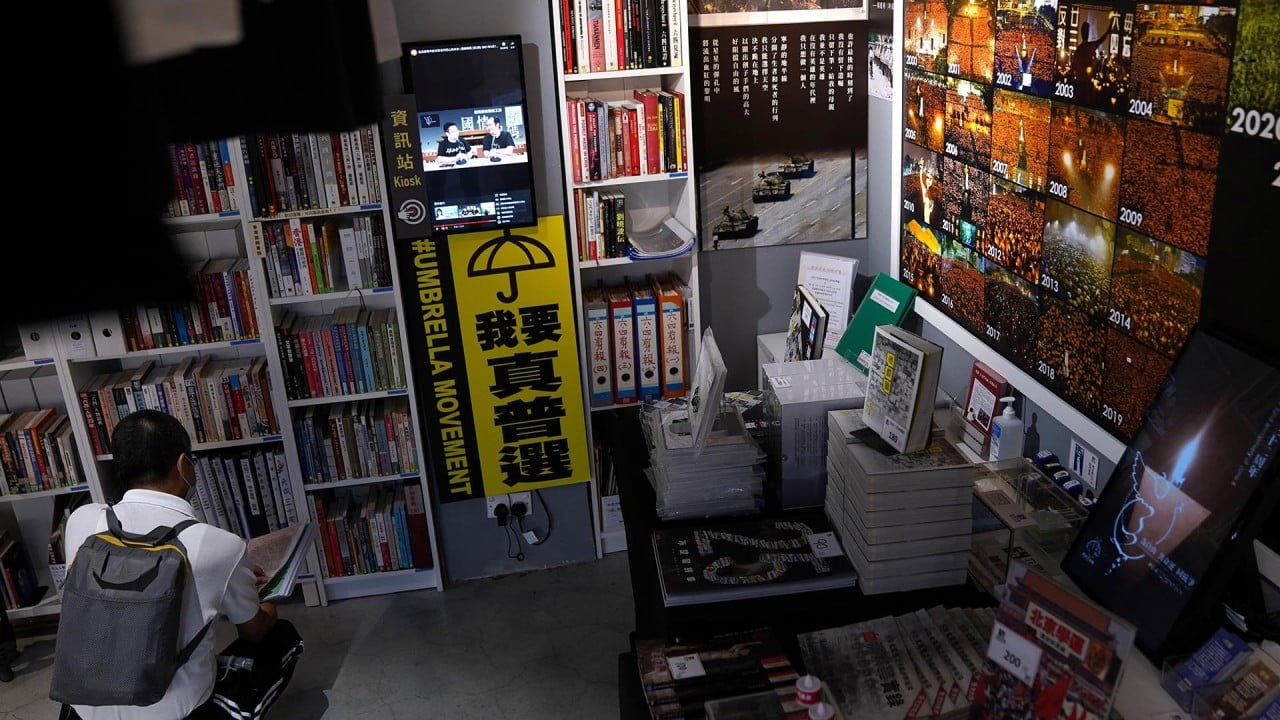
Those who wish to mark June 4 lawfully in Hong Kong should be reassured
- With the candlelight vigil marking the Tiananmen crackdown banned for the second year running and the national security law having a wider effect, the Hong Kong government should clarify the legal position of the event, so the public is clear on what is permitted and what is not
The candlelight vigil marking the Tiananmen crackdown has long been seen as a litmus test for the continuation of Hong Kong’s freedoms.
Since 1990, tens of thousands have gathered for a peaceful ceremony in Victoria Park to remember the hundreds, maybe more, who died when student protests in Beijing were crushed by the military on June 4, 1989.
But Friday’s event has been banned. The vigil was prohibited last year, too. Authorities have cited the ongoing public health threat posed by the pandemic. But the passing of a national security law last year means questions are being asked about the future of the vigil, even after Covid-19 ceases to be a concern.

03:06
Tiananmen vigil organisers close Hong Kong’s June 4 museum after government launches licensing probe
There is some scepticism about the government’s use of the pandemic as a reason for banning the event. The organisers have pointed out that performance venues and theme parks are open again, with cases in the city at a very low level. But the threat of a new wave, fuelled by variants of the virus, remains.
The vigil has, in the past, sometimes attracted several hundred thousand people. It is understandable officials are concerned about potential health risks.
The impact of the security law, however, is uncertain. The vigil is organised by the Hong Kong Alliance in Support of Patriotic Democratic Movements of China, which aims to end “one-party dictatorship” in China.
Some, including certain mainland academics, argue this is subversive and breaches the country’s constitution. Leading members of the alliance have been prosecuted for involvement in unlawful protests. It faces an uncertain future.
Victoria Park to be locked down, 7,000 police deployed ahead of Tiananmen anniversary
But many Hong Kong people will continue to want to commemorate the Tiananmen crackdown. They should be able to do so without having to worry about any risks. Legal scholars say chanting a slogan calling for an end to one-party rule may be unlawful under the national security law.
Chief Executive Carrie Lam Cheng Yuet-ngor has said it depends on the circumstances, but the government should further clarify the legal position of the vigil, so it is clear what is permitted and what is not. Reassurance should be offered to those who wish to mark the occasion lawfully.
On Friday night, we can expect most to err on the side of caution and to commemorate the events of 1989 privately or in small groups. The alliance is, sensibly, not encouraging people to gather at Victoria Park. Nor will it hold an online event. It is unlikely we will see a repeat of last year, when an estimated 20,000 gathered despite the ban.
The vigil has great symbolic meaning for Hong Kong. The moving sight of thousands of candles flickering in Victoria Park is well known around the world.
The vigil is a powerful symbol that the “one country, two systems” arrangement is working. Hopefully, the pandemic will no longer be a threat next year. Then, the vigil should be allowed to take place in a way that is peaceful, orderly and lawful.

